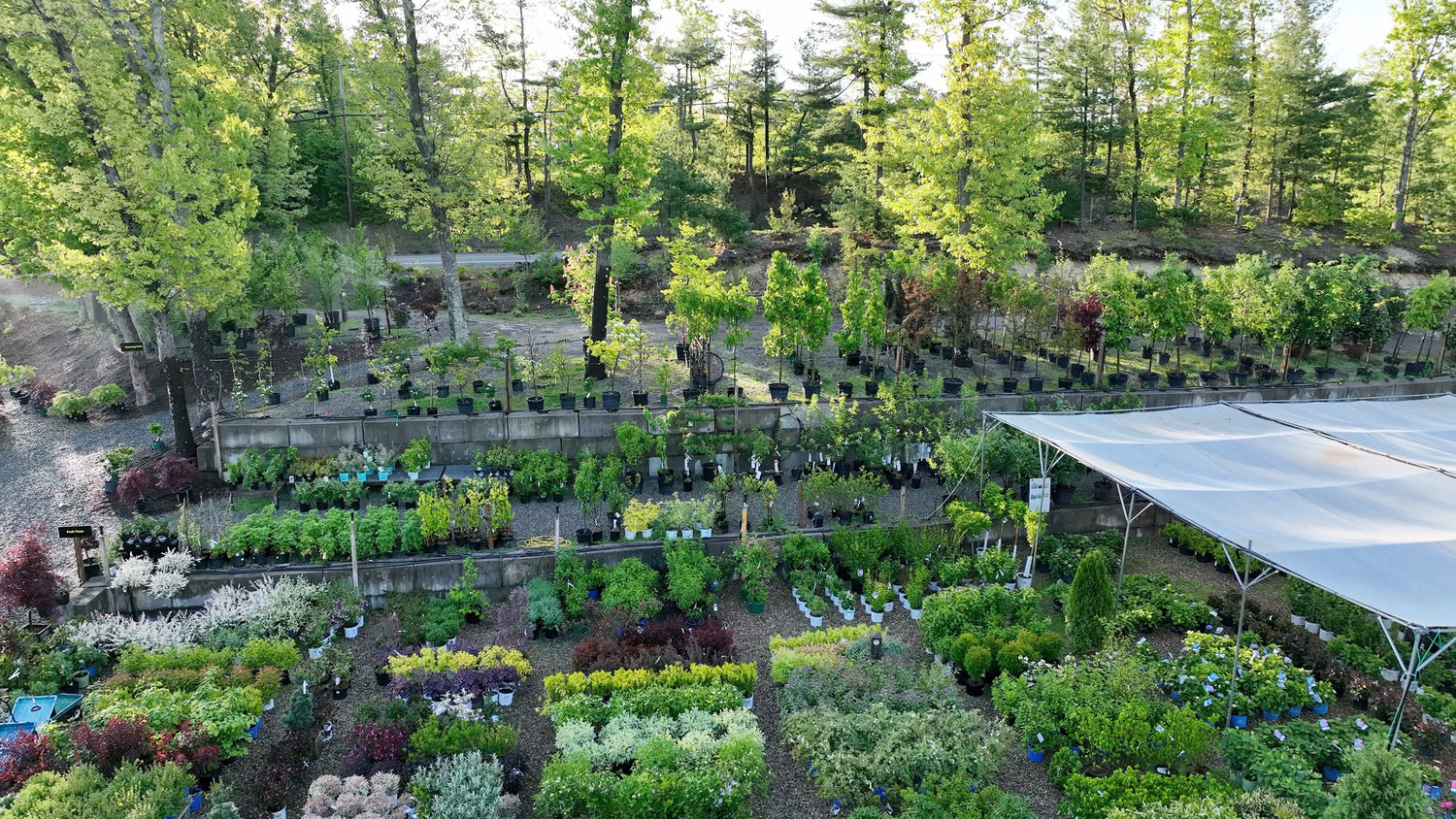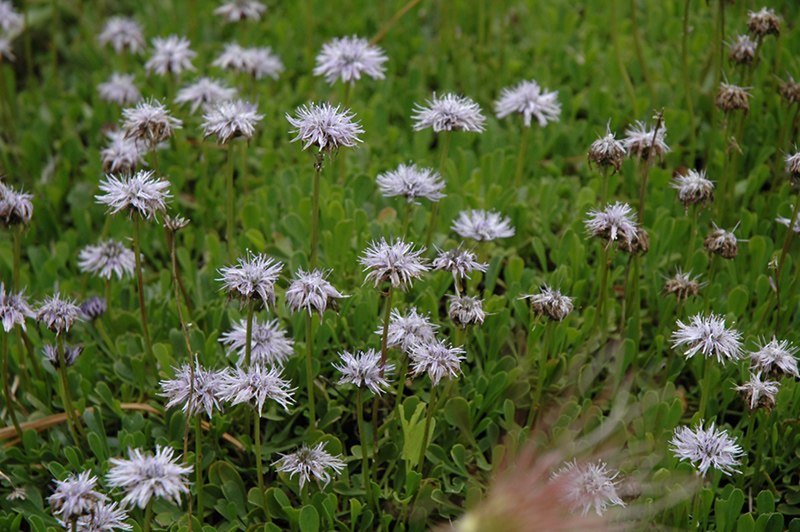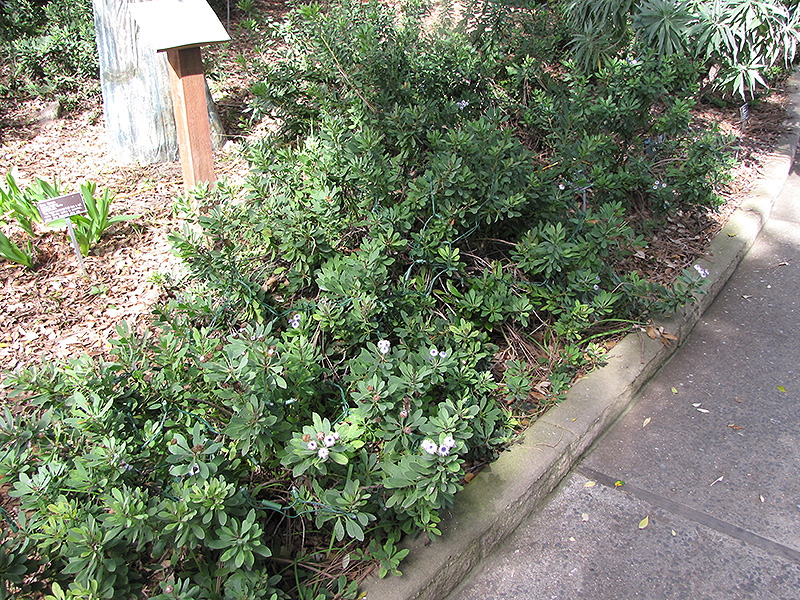Plant Guide
Heart-leaved Globe Daisy*
Globularia cordifolia
* This is a "special order" plant - contact store for details
Plant Height: 4 inches
Flower Height: 6 inches
Spacing: 10 inches
Sunlight:
![]()
![]()
Hardiness Zone: 4a
Other Names: Heart-leaf Globe Daisy
Description:
This is an attractive, easy little alpine plant, with spoon shaped, evergreen leaves that are lobed at the end; showy spherical lavender flowers over many weeks in spring; adaptable and easy to grow; hardy and vigorous
Ornamental Features
Heart-leaved Globe Daisy has masses of beautiful lavender ball-shaped flowers with lilac purple centers at the ends of the stems in late spring, which are most effective when planted in groupings. Its oval leaves remain green in color throughout the year.
Landscape Attributes
Heart-leaved Globe Daisy is an herbaceous evergreen perennial with an upright spreading habit of growth. Its medium texture blends into the garden, but can always be balanced by a couple of finer or coarser plants for an effective composition.
This is a relatively low maintenance plant, and should only be pruned after flowering to avoid removing any of the current season's flowers. It has no significant negative characteristics.
Heart-leaved Globe Daisy is recommended for the following landscape applications;
- Mass Planting
- Rock/Alpine Gardens
- General Garden Use
Planting & Growing
Heart-leaved Globe Daisy will grow to be only 4 inches tall at maturity extending to 6 inches tall with the flowers, with a spread of 12 inches. When grown in masses or used as a bedding plant, individual plants should be spaced approximately 10 inches apart. It grows at a fast rate, and under ideal conditions can be expected to live for approximately 4 years. As an evegreen perennial, this plant will typically keep its form and foliage year-round.
This plant does best in full sun to partial shade. It does best in average to evenly moist conditions, but will not tolerate standing water. It is not particular as to soil type or pH. It is somewhat tolerant of urban pollution. This species is not originally from North America. It can be propagated by division.
* This is a "special order" plant - contact store for details




